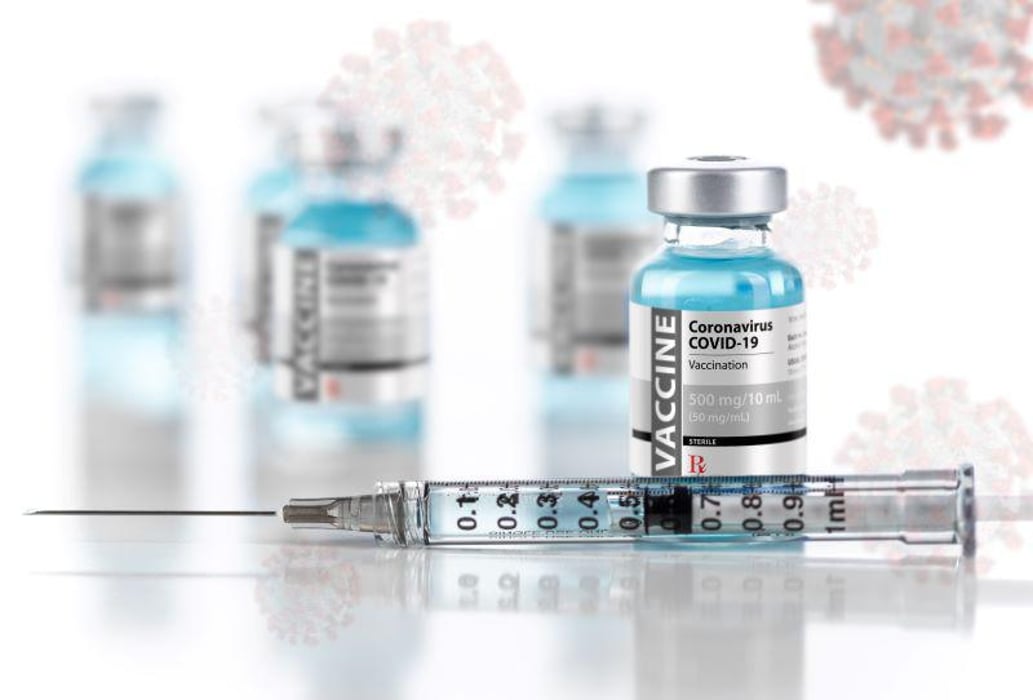Beyond Antibodies: Vaccines Teach Your Immune T-Cells to Fight COVID Long Term

FRIDAY, Jan. 28, 2022 (HealthDay News) -- COVID-19 vaccines activate long-lasting immune system T-cells that target coronavirus variants of concern, including Delta and Omicron, new research shows.
The research team at the La Jolla Institute for Immunology in California studied adults who were fully vaccinated with the Pfizer, Moderna, Johnson & Johnson or Novavax vaccines, but had not received boosters.
"The vast majority of T-cell responses are still effective against Omicron," study co-leader Alessandro Sette said in an institute news release.
Study co-leader Shane Crotty added, "These cells won't stop you from getting infected, but in many cases they are likely to keep you from getting very ill."
The researchers also found that fully vaccinated people have fewer memory B-cells and neutralizing antibodies against the Omicron variant, which echoes initial reports of waning immunity from laboratories worldwide, according to the study published online Jan. 23 in the journal Cell.
A lack of neutralizing antibodies means that Omicron is more likely to cause a breakthrough infection in vaccinated people, and fewer memory B-cells means the body is slower to produce additional neutralizing antibodies to fight the virus.
However, neutralizing antibodies and memory B-cells are just two parts of the immune system's response to the coronavirus. T-cells don't prevent infection, but they destroy infected cells, which prevents the virus from multiplying and causing severe disease, the study authors explained.
"And this is true in all the type of vaccines we studied — and up to six months after vaccination," said study co-leader Alba Grifoni.
The team believes that "second line of defense" provided by T-cells is one reason why Omicron is less likely to cause serious illness in fully vaccinated people.
In the next stage of their research, the team is investigating T-cell responses in fully vaccinated people who've received booster shots and in those who've had breakthrough infections.
Despite their findings, no one should depend on T-cell protection alone, the study authors stressed.
"I'd urge people to still be cautious and keep wearing masks," said study co-first author Alison Tarke, a graduate student and member of the Sette Lab. "There is a chance you are one of the few people with a declining immune response."
Sette added that the study "also emphasizes the importance of getting a booster."
More information
Learn more about COVID-19 vaccines at the U.S. Centers for Disease Control and Prevention.
SOURCE: La Jolla Institute for Immunology, news release, Jan. 23, 2022
Related Posts
New Clues to Early Miscarriage and How to Predict Them
MONDAY, March 27, 2023 (HealthDay News) -- Miscarriages are devastating and...
Respiratory Syncytial Virus (RSV): What It Is, Diagnosis, Symptoms & Treatment
Respiratory syncytial virus (RSV) is an infectious respiratory disease that can...
Race Plays Role in How Soon Babies With Cystic Fibrosis Get Care
WEDNESDAY, Aug. 3, 2022 (HealthDay News) -- Babies who are white appear to get...
Health Highlights: April 13, 2023
Federal appeals court keeps abortion pill available temporarily. However, the...
